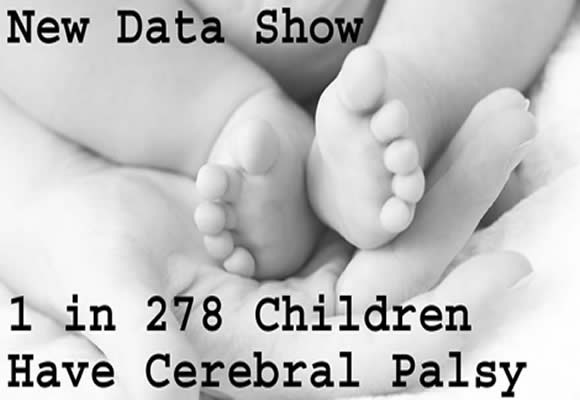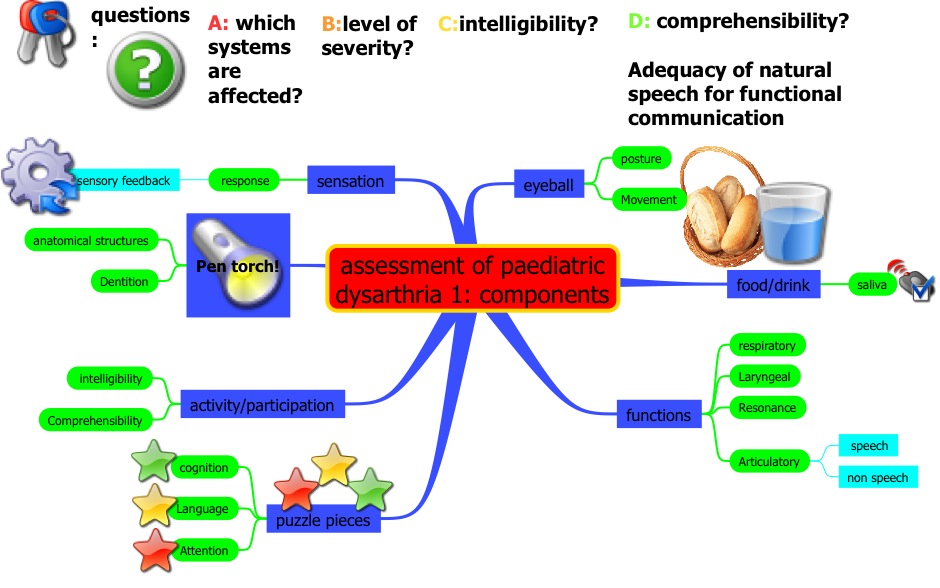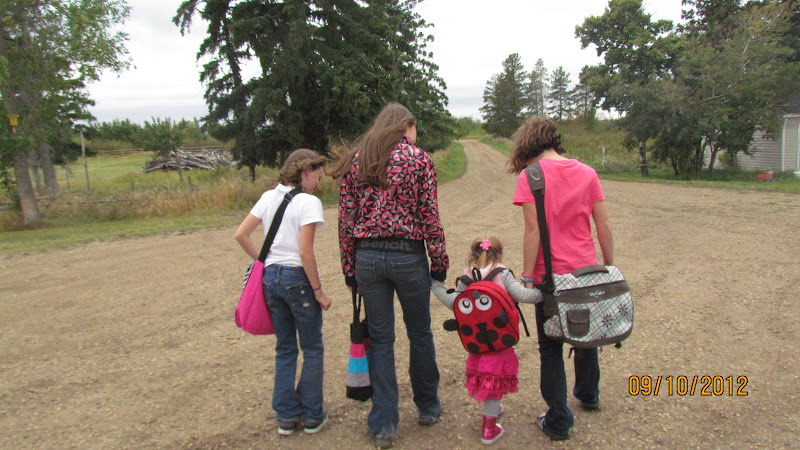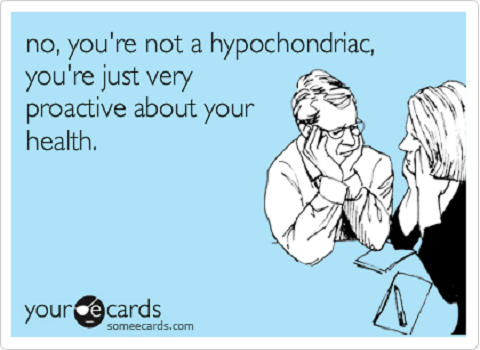Cerebral palsy (CP) is a congenital disorder that can cause a wide range of health issues. It is typically diagnosed in infancy or around the time that a child enters preschool. There are three types of cerebral palsy: spastic, athetoid, and ataxic. Although there is no cure for cerebral palsy, treatments such as speech therapy can vastly improve the child’s quality of life. The child will most likely require speech therapy on a long-term basis. If your child is diagnosed with CP, consult his pediatrician, speech-language pathologist (SLP), physical therapist, occupational therapist, and other specialists to develop a treatment plan that suits his needs.
Speech Disorders in Children: What to Do About Dysarthria
Speech DisordersAs a parent, you do whatever you can think of to keep your child safe. You make sure he rides his tricycle with a helmet, you strap him snugly into his car seat, and you even have your mechanic check out every unusual noise to make sure the car is safe. But accidents have a way of happening even when you take every safety precaution. And if your child suffers a head injury, he might also develop one of the many possible speech disorders in children, such as dysarthria.
Attention Parents: Real Advice from the Mother of a Special Needs Child
InterviewsThis week, Laura of Down Syndrome – Up Up Up and Away! is sharing her family’s story of life with Down syndrome (DS). DS can cause a range of physical and cognitive symptoms, including speech and language delays. Laura’s daughter K has Trisomy 21, which means that there is an extra copy of chromosome 21. Like other special needs children, K has more than proven that she can flourish with the proper therapies and treatments. Not only did K begin reading before she was 2 years old, she also began reading new books by the time she was 3 1/2. Laura also points out that for the typical special needs child, reading is a visual form of speech, and it can positively impact verbal communication.
Speech Delays in Children: Could it Be Neurofibromatosis?
Speech DisordersIf you’ve spent any amount of time researching disorders and speech delays in children, you probably already know how easy it is to acquire a slight case of hypochondria. And if you’re a parent, you may know just how easy it is to become a hypochondriac by proxy. You want the best for your child, so you do some in-depth investigating on WebMD or the Mayo Clinic’s website into every sniffle and sneeze. But sometimes a seemingly innocuous issue like a communication problem really can be a sign of a more serious medical condition. Speech delays in children should be evaluated by a licensed speech-language pathologist (SLP). If your child has speech and language problems, and also has other symptoms like multiple birthmarks and skeletal abnormalities, he may also need to be evaluated for neurofibromatosis.
Is Your Child Bored with Speech Therapy?
Speech Therapy TechniquesWe’ve all been there before: your toddler gets hungry or bored in the supermarket and throws an embarrassing temper tantrum in aisle 3. Or your teenage son starts getting fidgety during a dinner party and tries to stick his spoon to his nose. Kids will be kids, but what do you do when your child is bored with his speech therapy activities? If your child’s speech-language pathologist (SLP) has informed you that little Matthew seems to be slacking off in his efforts during speech therapy, he might be getting bored with the activities. Most kids crave entertainment and stimulation. Instead of trying to cajole your child to put in more effort, change the method of instruction. Talk with the SLP about the current activities she is using during speech therapy sessions and review what you’re doing at home. To keep your child engaged in learning, a change is definitely in order.





